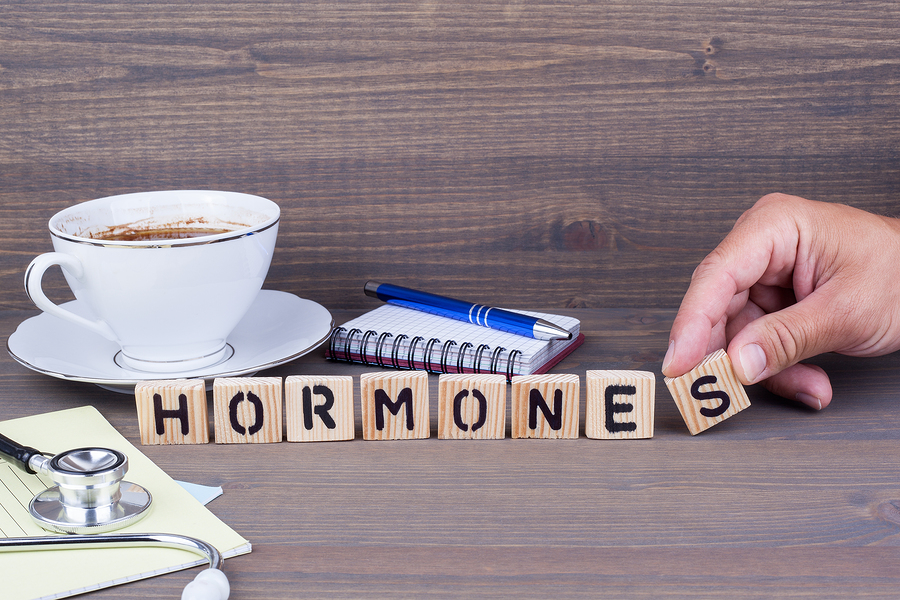Hormones 101 (4min Read)
Ever felt ‘hormonal’ or been told by your nearest and dearest that you’re being ‘too emotional’?
Truth is WE ARE ALL HORMONAL, at every hour of the day! Without hormones we would not be alive. They’re responsible for every function in our body. Hormones are like special keys which unlock a particular door. Each key is designed to open (or close) a door.
So, what exactly are hormones?
Hormones function as part of the endocrine system which governs every chemical reaction that happens in the body. They release chemical messengers and together with the nervous system, help regulate the body to stay alive.
Take ‘Sarah’ for example, she feels sluggish, has started gaining excess weight recently and is feeling more and more constipated. It’s quite possible Sarah’s is experiencing an imbalance in her thyroid gland.
Your thyroid gland, located in your neck (start humming and place a finger on your throat, that’s your thyroid), releases thyroxine (T4) and triiodothyronine (T3). These hormones are responsible for the efficiency of your metabolism. In other words, your thyroid regulates how quickly your cells work.
Sarah is suffering from what’s referred to as an underactive thyroid or hypothyroidism. When the thyroid is out of balance, many different functions begin to suffer. That’s just with your thyroid, not to mention the other glands in the body that are working nonstop to keep you healthy.
Hormones are created by glands which are then transported to specific target sites in the body. The cells on the target sites respond in what’s called a ‘feedback loop’. So for example, if one gland is producing too much of a hormone, a message gets sent back telling it to stop, ‘we have enough now’.
Need to sleep? A hormone called melatonin is released to help regulate your sleep cycle.
Need to balance sugar levels? Insulin is released by your pancreas after a meal, which helps cells and tissues to absorb glucose so it doesn’t build up in the bloodstream – leading to high blood sugar.
Quality sleep, balanced diet and low stress are all key to maintaining a healthy endocrine system.
Take homes:
Hormones are essential for life. Without it we would not function properly.
Glands secrete different hormones which act as keys to unlock or lock a particular door.
Hormonal imbalance can lead to various illnesses in the body.
Diet, sleep and reducing stress are keys to maintaining balanced hormones.
For great tips and solutions to reducing period pain naturally, sign up for your FREE guide ABC to Living Pain-Free today.
References
Barkhoudarian, G. and Kelly, D. (2017) The Pituitary Gland: Anatomy, Physiology, and its Function as the Master Gland. In: Cushing’s Disease. Elsevier, 1-41.
Foo, Y.Z., Nakagawa, S., Rhodes, G. and Simmons, L.W. (2017) The effects of sex hormones on immune function: A meta‐analysis. Biological Reviews, 92(1) 551-571.
Hardeland, R. (2017) Melatonin—More than just a pineal hormone. Biomed.J.Sci.Tech.Res, 1.
Van Der Spek, Anne H, Fliers, E. and Boelen, A. (2017) The classic pathways of thyroid hormone metabolism. Molecular and Cellular Endocrinology, 458 29-38.



